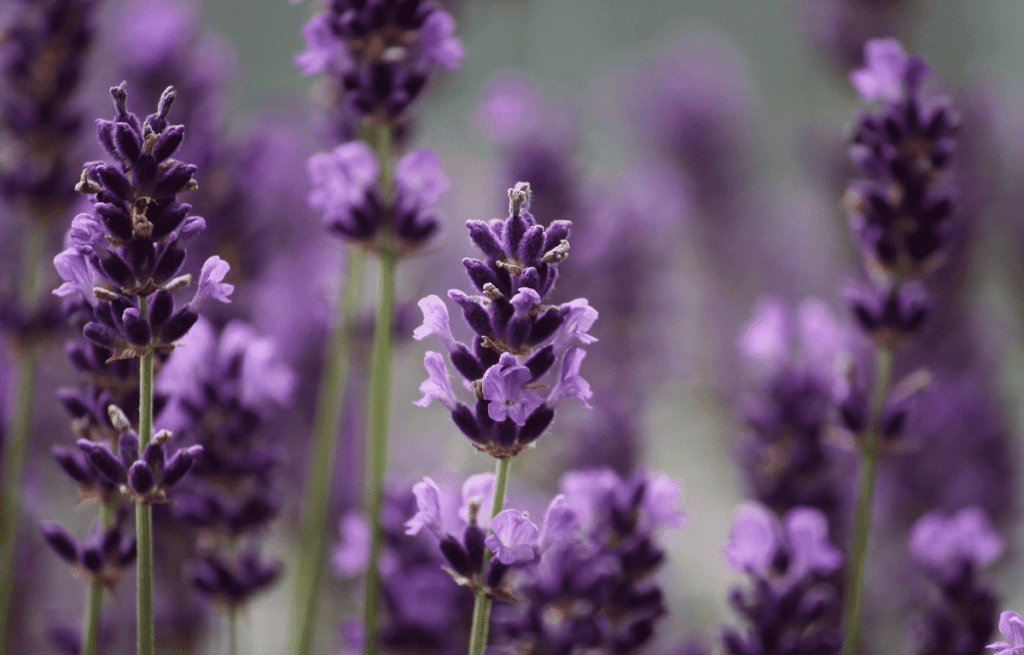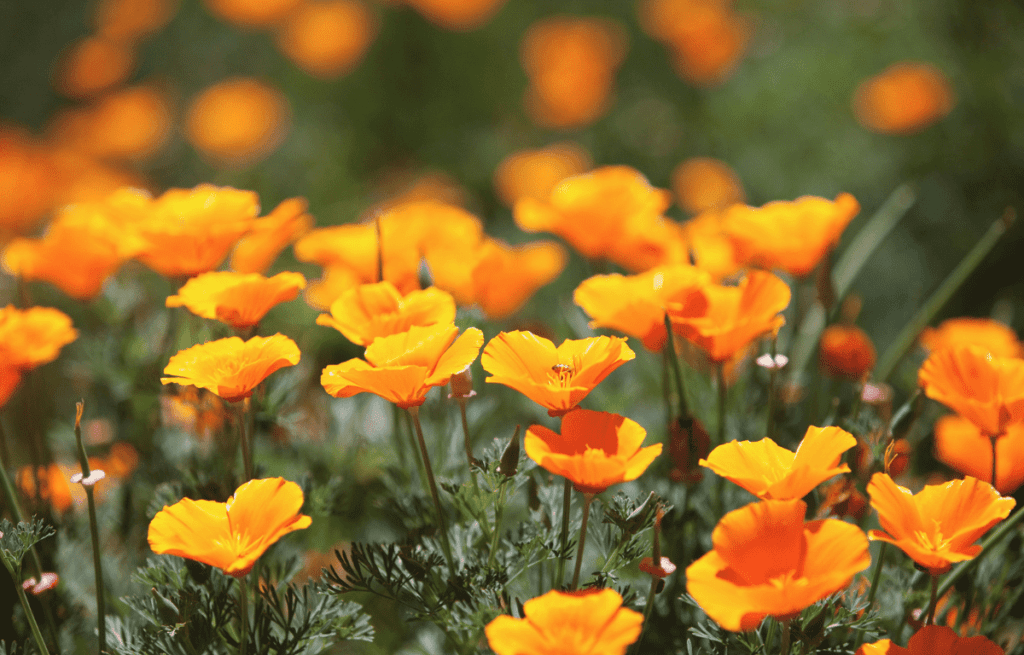What are herbal actions?
Herbal actions describe the medicinal effects plants have on our bodies. Plants often have multiple related actions. For example, an herb with nervine properties may also be a sedative. Both of these actions relate to the nervous system.
Many of the action terms below have generalized descriptions. Two herbs may both have the same action properties but work differently on the body. For example, both cacao and California poppy are nervines, but cacao is stimulating to the nervous system, whereas California poppy is relaxing.
This is not a comprehensive list, but I’ve included many of the most common action terms.

Glossary
A
Adaptogen: Helps the body handle stress, anxiety, and fatigue. Taken as a tonic, adaptogens help bring the body back into balance and supports normal function. Read more about adaptogens.
Alterative: Blood cleanser; supports cellular metabolism and the body’s natural cleansing & elimination systems. Read more about alteratives.
Analgesic: Reduces pain. Read more about analgesics.
Anti-fungal: Inhibits fungal growth and fungal infections.
Anti-Inflammatory: Reduces and/or soothes inflammation. Read more about anti-inflammatory herbs.
Anitmicrobial: Destroys or reduces microbial growth, including bacteria, viruses, fungi, & protozoans.
Antioxidant: Prevents oxidation and the breakdown of tissues resulting in premature aging and inflammatory disease.
Antispasmodic: Eases spasms in both smooth and skeletal muscles. Soothes muscle contractions, cramping, and tension.
Antiviral: Inhibits the growth of viruses and viral infections.
Aphrodisiac: Excites libido and stimulates sexual arousal.
Astringent: Tightens mucous membranes and skin helping to ease inflammation, reduce secretions, and stop bleeding.

B
Bitter: Stimulates saliva production and digestive juices helping to increase appetite. Stimulates digestive, liver and gallbladder functions.
C
Cardiotonic: Tonic that helps improve heart and blood vessel function.
Carminative: Helps release and reduce production of intestinal gas.
Cholagogue: Stimulates flow of bile from gallbladder for improved digestion.
D
Decongestant: Relieves nasal congestion and inflammation.
Demulcent: Soothes irritated mucous membranes.
Diaphoretic: Induces sweating and often used for cooling fevers.
Diuretic: Stimulates urination.
E
Emmenagogue: Stimulates and regulates menstrual flow. Do not take while pregnant.
Emollient: Softens and soothes skin.
Expectorant: Stimulates coughing to remove trapped mucous and debris from lungs.

G
Galactagogue: Encourages breast milk production.
H
Hepatic: Supports liver function.
Hypoglycemic: Lowers blood sugar levels in body.
Hypotensive: Lowers blood pressure.
I
Immuno-modulator: Tonic to regulate and support immune system.
Immuno-stimulant: Stimulates immune system for short term use during infection.
L
Laxative: Promotes evacuation of bowels.
Lymphagogue: Promotes flow of lymph and supports immune system.
N
Nervine: Supports nervous system. Read more about nervines.
P
Parturient: Supports childbirth.
V
Vaso-constrictor: Contracts and narrows blood vessels.
Vasodilator: Relaxes and widens blood vessels.
Vermifuge: Expels intestinal worms.
Vulnerary: Promotes tissue repair and wound healing.










